The Eden story (Genesis 2–3) is interpreted in many ways. In these two lectures, we first examine when and how the standard interpretation came into existence and why it is so important. We will then examine the light that new research has on the story and consider how it might affect the story’s interpretation, as […]
Hebrew Bible Interpretation
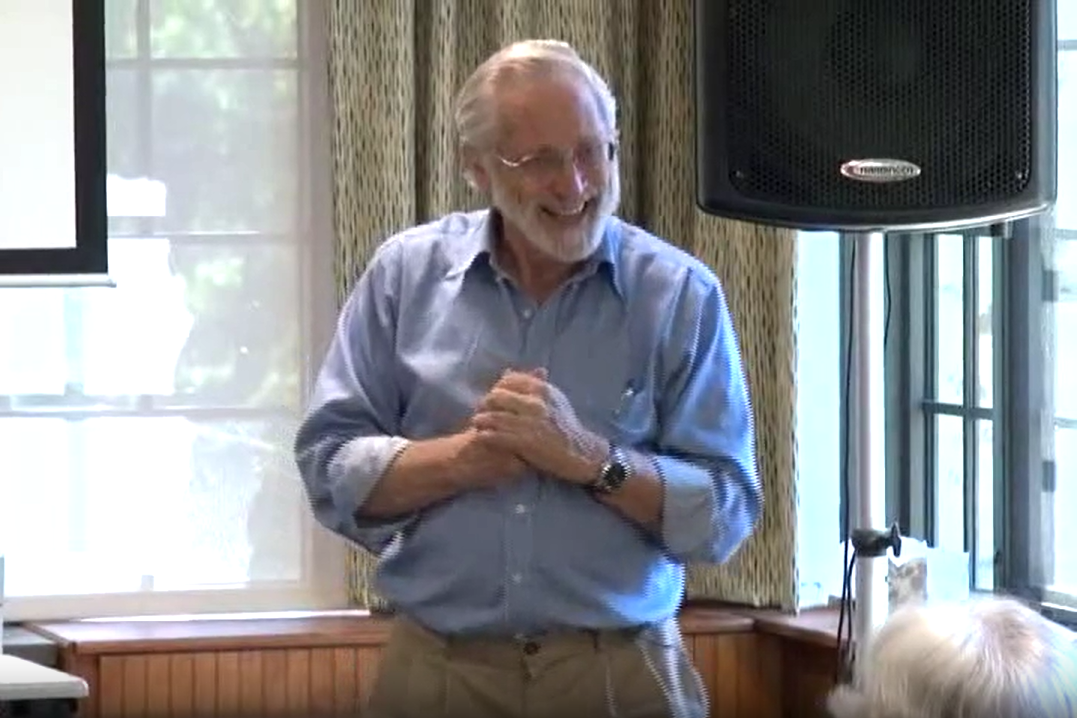

The Eden story (Genesis 2–3) is interpreted in many ways. In these two lectures, we first examine when and how the standard interpretation came into existence and why it is so important. We will then examine the light that new research has on the story and consider how it might affect the story’s interpretation, as […]

When we watch a movie or read a story in a particular genre, we know what to expect—good will triumph over evil, the cowboy will ride off into the sunset or the guy will get the girl—and we will be disappointed if that expectation is not met. The Biblical audience had the same clichés they […]

In this lecture, Zevit will begin to respond to issues raised by the Ten Commandments (Exodus 20), such as: How many commandments are there? What do they mean when considered from a legal vantage-point? What reasons are provided for obeying them and why? This was part of the Telling Biblical Tales DVD.

Nowhere in the Bible is there an explicit explanation of why the Israelites were enslaved in Egypt (Exodus 1–2). This lecture will suggest that implicit reasons are provided in the Book of Genesis. This was part of the Telling Biblical Tales DVD.

In our culture we sacrifice for children, but three narratives in the Hebrew Bible describe the sacrifice of children: Abraham of Isaac (Genesis 22), Jephthah of his daughter (Judges 11), and Mesha, the king of Moab, of his son (2 Kings 3). Do these three stories indicate that child sacrifice was more common than currently […]

How do Theologians and modern Biblical scholars grapple with new insights from science (such as images from the Hubble Telescope)? Was the creation story meant to be a literal account, or the author’s attempt to describe how the world he saw—when he looked out his door or up at the sky—came to be? This was […]

In this opening lecture will consider not only How the Bible came to be, but also the different ideas people hold about the Bible, what constitutes an important book and how these lists (the canon) came to be. This was part of the Telling Biblical Tales DVD.

The story of Ruth (Ruth 1–4) is often interpreted as being about loyalty, kindness and grace. Several questions are left unexplained including why nobody offered to help Ruth or Naomi, why they did not return to the farmstead that they obviously owned, and why the land became a point of contention in the final chapter […]
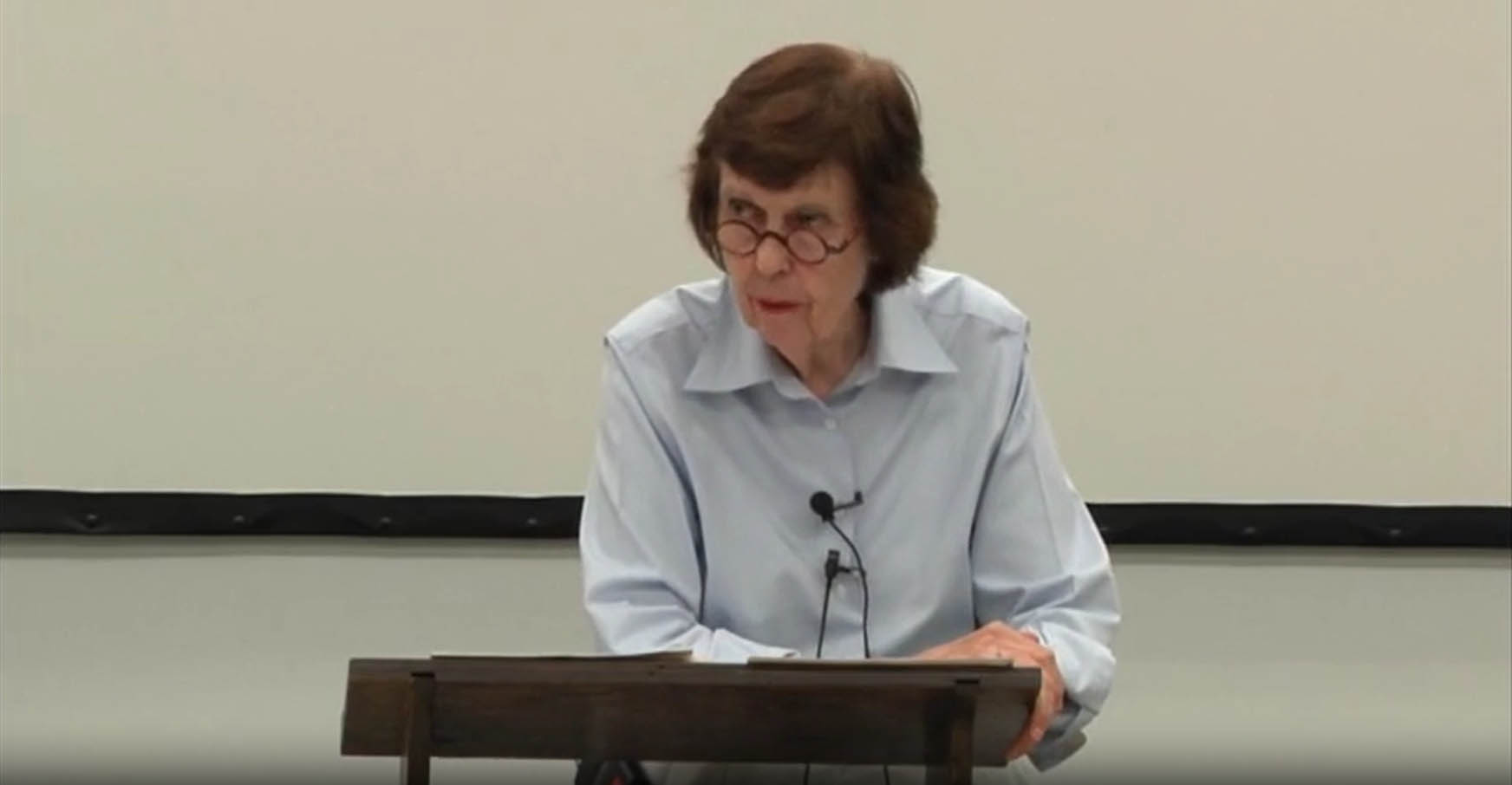
Who is God? This question permeates all Biblical interpretation and is not made clear by parsing the divine name. Yahweh, “I am who I am,” is a conflicted character as is Jesus in the Second Testament. Trible sums up the complexities in interpreting Biblical divine characters with her hermeneutics of God. This was part of […]

Trible explores the highly structured text of Genesis 1 and the priestly creation narrative. Implications are drawn regarding the character of God and meaning behind the narrative. The talk ends with an exploration of the relationship between humans and ecology. This was part of the Chasing Canonical Characters DVD.
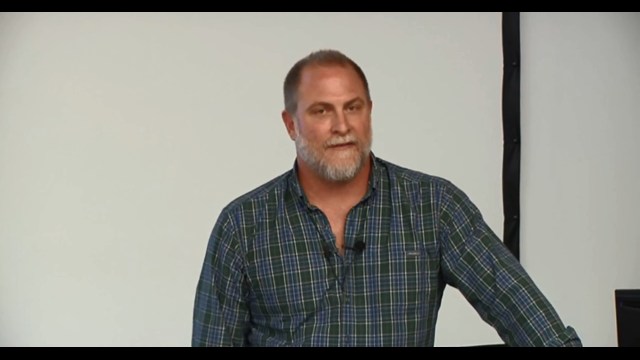
Because there was no concept of an afterlife in early Israelite religion, there was no concept of a heaven or hell. But following the exile and return from Babylon and the coming of the Greeks, Jewish literature suddenly began to contain references to heaven and hell. In this illuminating lecture, BAR former Editor Robert R. […]

Professor Flint takes you on a journey from Jerusalem to the wilderness of Judea—and into the caves of Qumran, where many of the Dead Sea Scrolls were found in 1947 by Bedouin shepherds. He recounts the story of their discovery, reviews various Scroll manuscripts and shares an interesting analysis comparing the Old Testament books favored […]

The Binding of Isaac, or Akedah, is one of the most well-known and perplexing narratives in the Old Testament. This lecture will examine some of the most common questions concerning this story, such as “Why did Abraham go allow with God without question or comment?” and “Why did Isaac not fight Abraham but instead lay […]
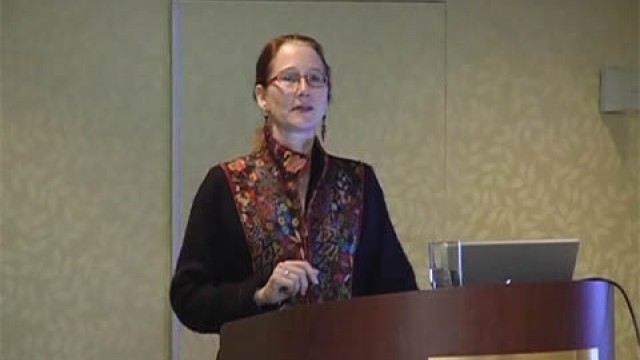
Regular Biblical Archaeology Review contributor Mary Joan Winn Leith provides a fresh perspective on the language and imagery of the Book of Exodus by exploring ancient Egyptian iconography of power and authority. Through their acute awareness of Egyptian propaganda and art, the biblical writers and storytellers successfully inverted the very same imagery to illustrate Pharaoh’s ineptitude when […]
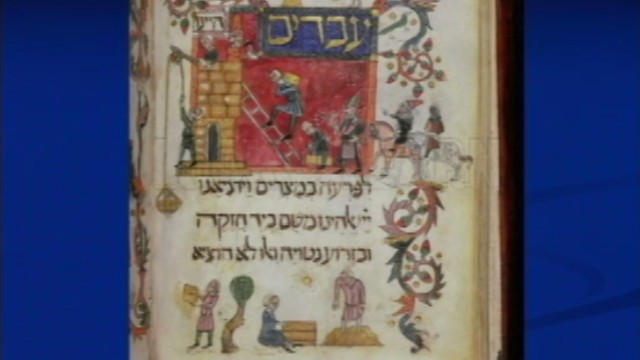
Ancient Israel’s Exodus from Egypt, rather than being a single, momentous event that can be confirmed through archaeology, should be viewed as a deep-seated cultural memory that allowed disparate groups of highland villagers and escaped Canaanite slaves to coalesce into a single people. How this story arose and why the early Israelites adopted this memory […]
